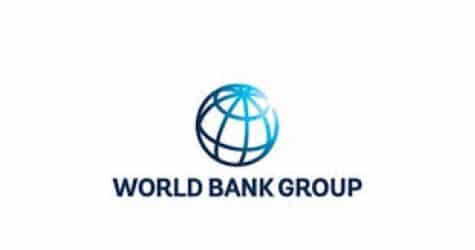The World Bank has disclosed that during the last decade, a greater share of the global population gained access to electricity than ever before. It however listed Nigeria among the three countries with the largest electricity deficits in the world.
In a report titled ‘Universal access to sustainable energy will remain elusive without addressing inequalities’, the bank stated that the number of people without electricity in Sub-Saharan Africa increased during the period under review.
READ ALSO: Implications of Twitter Suspension by the Federal Government of Nigeria
The bank revealed that significant progress has been made since 2010 on various aspects of the Sustainable Development Goal 7, but progress has been equal across regions.
It said, “While more than one billion people gained access to electricity globally over the last decade, COVID’s financial impact has made basic electricity services unaffordable for 30 million more people, the majority located in Africa.
“Nigeria, the Democratic Republic of Congo and Ethiopia had the biggest electricity access deficits, with Ethiopia replacing India in the top three.”
The World Bank advised that efforts should be scaled up significantly in countries with the largest deficits, so that the world would have universal access to affordable, reliable, sustainable, and modern energy by 2030.
While considering the countries without access to clean fuel and technologies for cooking, the World Bank added, “Of the top 20 countries with greatest number of people lacking access to clean fuel and technologies for cooking, 10 are located in Sub-Saharan Africa (Nigeria, Ethiopia, Democratic Republic of the Congo, United Republic of Tanzania, Uganda, Kenya, Mozambique, Madagascar, Ghana, Niger).
“Six are in Eastern Asia and South-eastern Asia (China, Indonesia, Philippines, Myanmar, Vietnam, the Democratic Republic of Korea) and four are in Central Asia and Southern Asia (Afghanistan, Bangladesh, India, Pakistan).”
The World Bank said during the period of 2010 of 2019, the top five most populous low- and middle-income countries (China, India, Indonesia, Brazil, and Pakistan) increased their combined access rate by two per cent while progress in all other LMIC remained unchanged or stagnant over the same period.
To ensure that no one is left behind, the report stated that the political commitment and financial incentives must be prioritised in all access-deficit countries to achieve the universal target of SDG 7.

